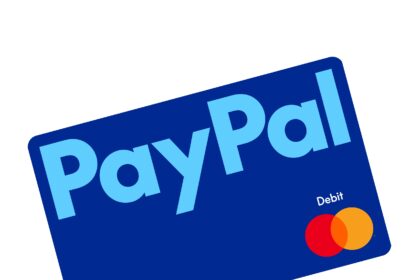Rahul Sonwalkar may have once gone viral for pretending to be a fired Twitter engineer named Rahul Ligma, but his new startup is no joke. Julius AI, which lets you talk to your data like it is your favorite nerdy coworker, just raised a $10 million seed round led by Bessemer Venture Partners.
That is $10 million to help people ask things like, “Can you show me how revenue and net income line up across Chinese and U.S. industries?” and get a chart back. No SQL. No dashboards. No crying over Excel sheets.
Backing Julius are some heavy-hitters: Horizon VC, 8VC, Y Combinator, and AI Grant all jumped in on the round. Oh, and in case that was not enough star power, you have also got angels like Perplexity CEO Aravind Srinivas, Vercel CEO Guillermo Rauch, and Twilio co-founder Jeff Lawson on the cap table. That’s the Silicon Valley version of the Avengers assembling.
So what exactly does Julius do? Think of it as your AI-powered data analyst, minus the eye-rolls and calendar invites. You toss it a dataset (or link it to one), ask it a natural-language question, and boom: it spits out analysis, visualizations, and predictions like it’s been crunching numbers since birth.
“The easiest way to use Julius is to just talk to it,” says Sonwalkar. “Like you would talk to an analyst on your team.”
It is not trying to out-chat ChatGPT, Claude, or Gemini; instead, it is doubling down on data science. And that laser focus is paying off: 2 million users, 10 million+ visualizations, and a spot in Harvard Business School’s new leadership course on data and AI.
Even academia is on board. Professor Iavor Bojinov was so sold on Julius that he got Sonwalkar to tweak the platform for HBS’s curriculum, a rare startup-to-Ivy League pipeline.
Related: Amazon Buys Bee, the AI Bracelet That is Always Listening
But Julius’s origin story is not all chalkboards and boardrooms. During his time at Y Combinator in 2022, Sonwalkar was working on a logistics startup… until it was not working. He pivoted, built Julius, and kept the hustle going, including, famously, staging that prank outside Twitter HQ after Musk’s takeover.
At the time, Sonwalkar introduced himself to reporters as “Rahul Ligma,” posing with a cardboard box full of fake belongings. It was a meme-worthy moment that made headlines. But now?
“I don’t think many people know me for that anymore,” he says. “I get recognized for Julius a lot more now.”
That recognition comes with serious pressure, and even more opportunity. Competing with tools built by OpenAI and Google might sound intimidating, but Sonwalkar is confident that focus beats flash.
“People told us we wouldn’t succeed,” he says. “But what we found was that being focused on a use case is really important.”
And that use case, making data analysis accessible, fast, and conversational, resonates with startups, enterprises, and educators alike. With fresh funding and momentum on its side, Julius is not just trying to ride the AI hype wave. It is building something specific, useful, and sticky. The kind of tool that does not just generate buzz, but becomes a permanent tab in your browser.
Anyone can build a chatbot. But making AI useful, like “answer-my-question-in-a-chart,“ useful, is rare. Julius might just be the smart, scrappy underdog that shows the giants how it’s done.
Is this the beginning of the end for traditional data dashboards? Or are you still manually updating that Google Sheet?







